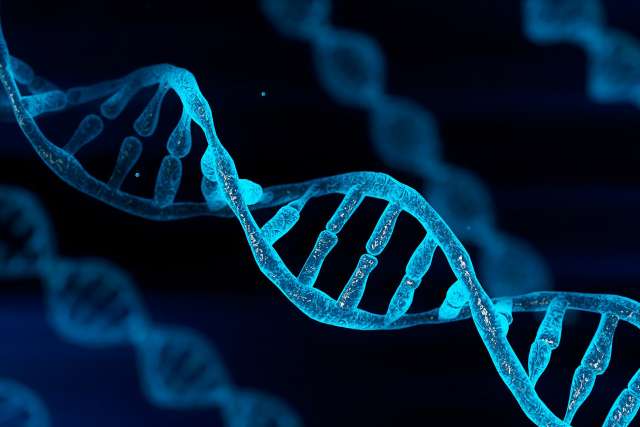Dear Doctors: After my best friend was diagnosed with breast cancer, she learned that she has a BRCA gene, and that it put her at risk of getting it. Now she's urging all of her girlfriends to get genetic testing. What is that, and how does it work? I'm actually afraid of learning something bad.
Dear Reader: Genetic testing is a powerful tool that is used to reveal information about a person's body at a molecular level. It looks for changes or anomalies that may be present in someone's chromosomes or genes. It is also used to flag changes to specific proteins, which can affect the way they behave or function in the body. These changes, which are known as mutations or variants, are often inherited. They also can be acquired during someone's lifetime. Acquired mutations can occur due to errors in replication as cells divide, or because something in the person's environment has damaged their DNA. Unlike genetic mutations, those that are acquired do not pass on to one's children.
The result of a genetic test can identify the existence of an inherited condition -- such as cystic fibrosis, Huntington's chorea or sickle cell anemia -- or it can help assess the chances that someone may someday develop a specific disease or condition, such as certain types of breast or colon cancer. It can also determine the risk of a genetic disorder being passed on to future children, by identifying if either parent is a carrier of the associated chromosome mutation.
The results of a genetic test can help to diagnose a disease, guide subsequent treatment decisions, highlight the need for prevention strategies and help with family planning. When someone decides to move forward with this kind of testing, they often work with a genetic counselor. This is someone trained to offer guidance and support before, during and after the test.
The process itself involves gathering a sample of blood, saliva or tissue, depending on the test being performed. Detailed information about personal and family health history is also reviewed. In our own practices, we refer a patient to a genetic counselor if there is a strong family history of cancer. The most common referral is for BRCA1 or BRCA2, which are gene variants linked to an increased risk of breast or ovarian cancer. In addition to being positive or negative, results of a BRCA test can be inconclusive. This occurs when a gene variant is identified but has not previously been associated with elevated cancer risk. All of this makes genetic counseling a crucial part of genetic testing.
The world of genetics is evolving rapidly. We are now seeing companies that offer whole-blood DNA testing to the general public, including with information related to early detection of cancers. At this time, this sort of direct-to-consumer testing in the health arena is experimental. It is not part of mainstream care. In the near future, however, we believe the rapid advances being made today will bring genetic testing into the realm of primary health care. If you believe that genetic testing may benefit you, your health care provider can help guide your decision.
(Send your questions to [email protected], or write: Ask the Doctors, c/o UCLA Health Sciences Media Relations, 10960 Wilshire Blvd., Suite 1955, Los Angeles, CA, 90024. Owing to the volume of mail, personal replies cannot be provided.)





